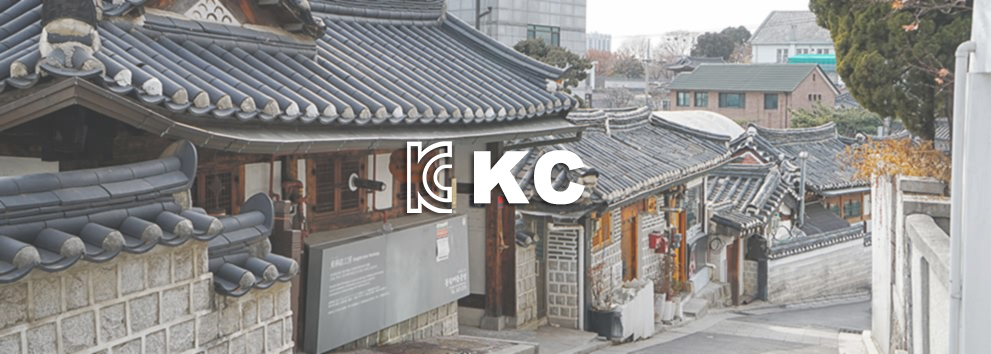About further strengthening Product Safety Supervision
About further strengthening Product Safety Supervision,
Product Safety,
▍What is KC?
Since 25th Aug., 2008,Korea Ministry of Knowledge Economy (MKE) announced that the National Standard Committee will conduct a new national unified certification mark — named KC mark replacing Korean Certification during the time between Jul. 2009 and Dec. 2010. Electrical Appliances safety certification scheme (KC Certification) is a mandatory and self-regulatory safety confirmation scheme according to Electrical Appliances Safety Control Act, a scheme which certified safety of manufacture and sale.
The difference between mandatory certification and self-regulatory (voluntary) safety confirmation:
For the safe management of electrical appliances, KC certification is divided into mandatory and self-regulatory (voluntary) safety certifications as the classification of danger of product.The subjects of Mandatory certification is applied to electrical appliances which its structures and methods of application may cause serious dangerous results or obstacle such as fire, electric shock. While the subjects of self-regulatory (voluntary) safety certification is applied to electrical appliances which its structures and methods of application can hardly causes serious dangerous results or obstacle such as fire, electric shock. And the danger and obstacle can be prevented by testing the electrical appliances.
▍Who can apply for KC certification:
All legal persons or individuals both at home and abroad who are engaged in manufacturing, assembly, processing of electrical appliance.
▍Scheme and method of safety certification:
Apply for KC certification with product’s model that can be divided into basic model and series model.
In order to clarify model type and design of electrical appliances, an unique product name will be given according to its different function.
▍ KC certification for Lithium battery
- KC certification standard for lithium battery:KC62133:2019
- Product scope of KC certification for lithium battery
A. Secondary lithium batteries for use in portable application or removable devices
B. Cell is not subject to KC certificate whether for sale or assembled in batteries.
C. For batteries used in energy storage device or UPS (uninterruptible power supply), and their power which is greater than 500Wh are beyond the scope.
D. Battery whose volume energy density is lower than 400Wh/L comes into certification scope since 1st, Apr. 2016.
▍Why MCM?
● MCM keeps a close cooperation with Korean labs, such as KTR (Korea Testing & Research Institute) and is able to offer the best solutions with high cost performance and Value-added service to clients from the point of lead time, testing process, certification cost.
● KC certification for rechargeable lithium battery can be gained by submitting a CB certificate and convert it into KC certificate. As a CBTL under TÜV Rheinland, MCM can offer reports and certificates which can be applied for conversion of KC certificate directly. And the lead time can be shortened if applying CB and KC at the same time. What’s more, the related price will be more favorable.
Safety of new energy vehicle concerns the interests of customers, which is the fundamental basis of the healthy improvement of new energy vehicle industry. As the new energy vehicles with intelligent network characteristics are gradually applied to the market in recent years, it makes the data security, cyber security and etc. become the vital issues. Vehicle on fire and safety incidents occur time to time still in our nation. To further strengthen the supervision of product safety, ensure both vehicle quality and information security, and protect the interests of customers, NOTIFICATION clearly states that the supervising system of new energy vehicle safety shall be improved comprehensively, and the responsibility of enterprises who manufacture new energy vehicles shall be practically specified. In the meantime, the cross-department information sharing system and the reporting system of vehicle incident shall be set up against the situation such as vehicle on fire, vital incidents and etc. The qualification of vehicle subsidy shall be suspended or cancelled in case the enterprises hide the incident, or do not cooperative with the investigation.









